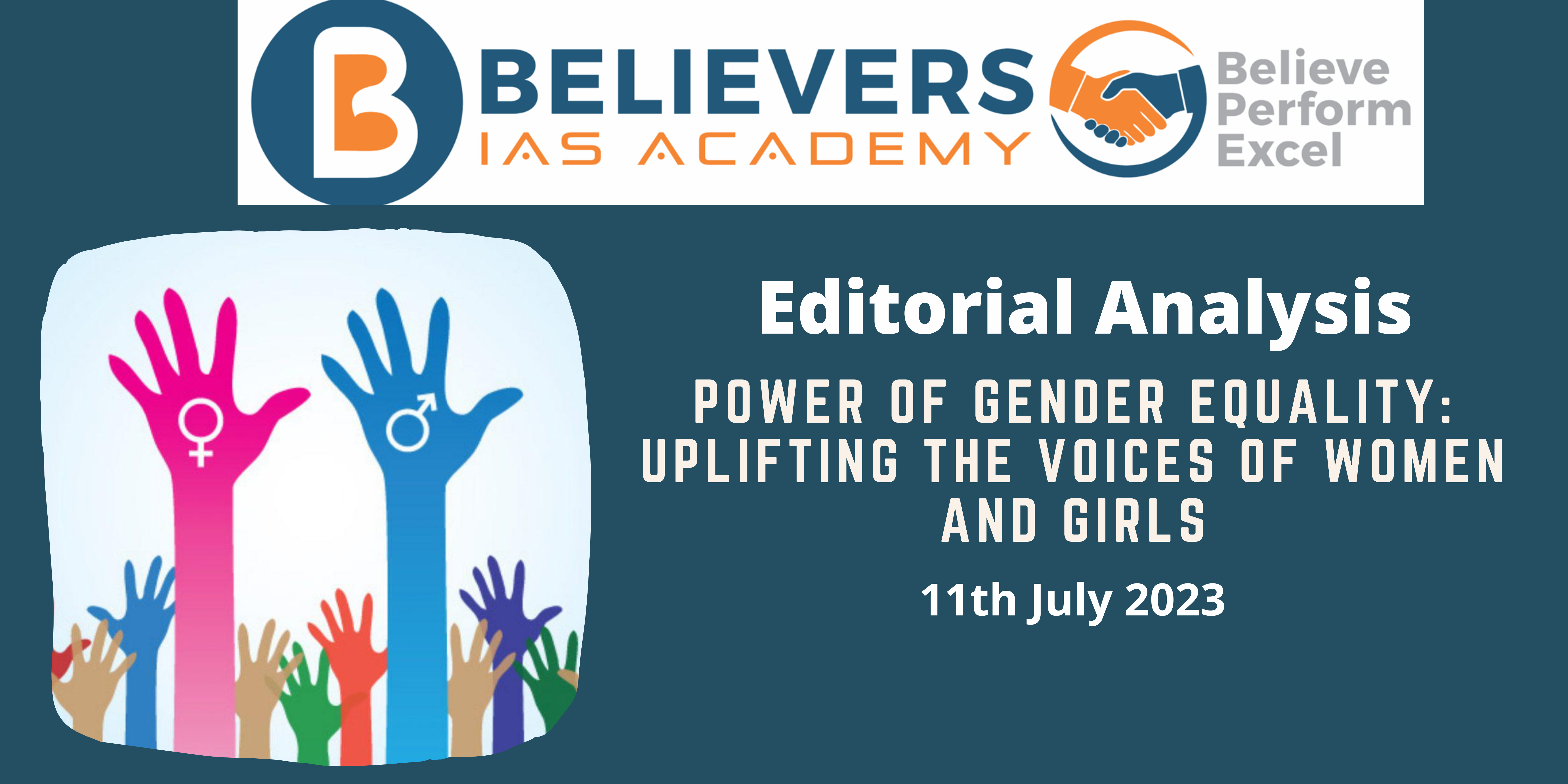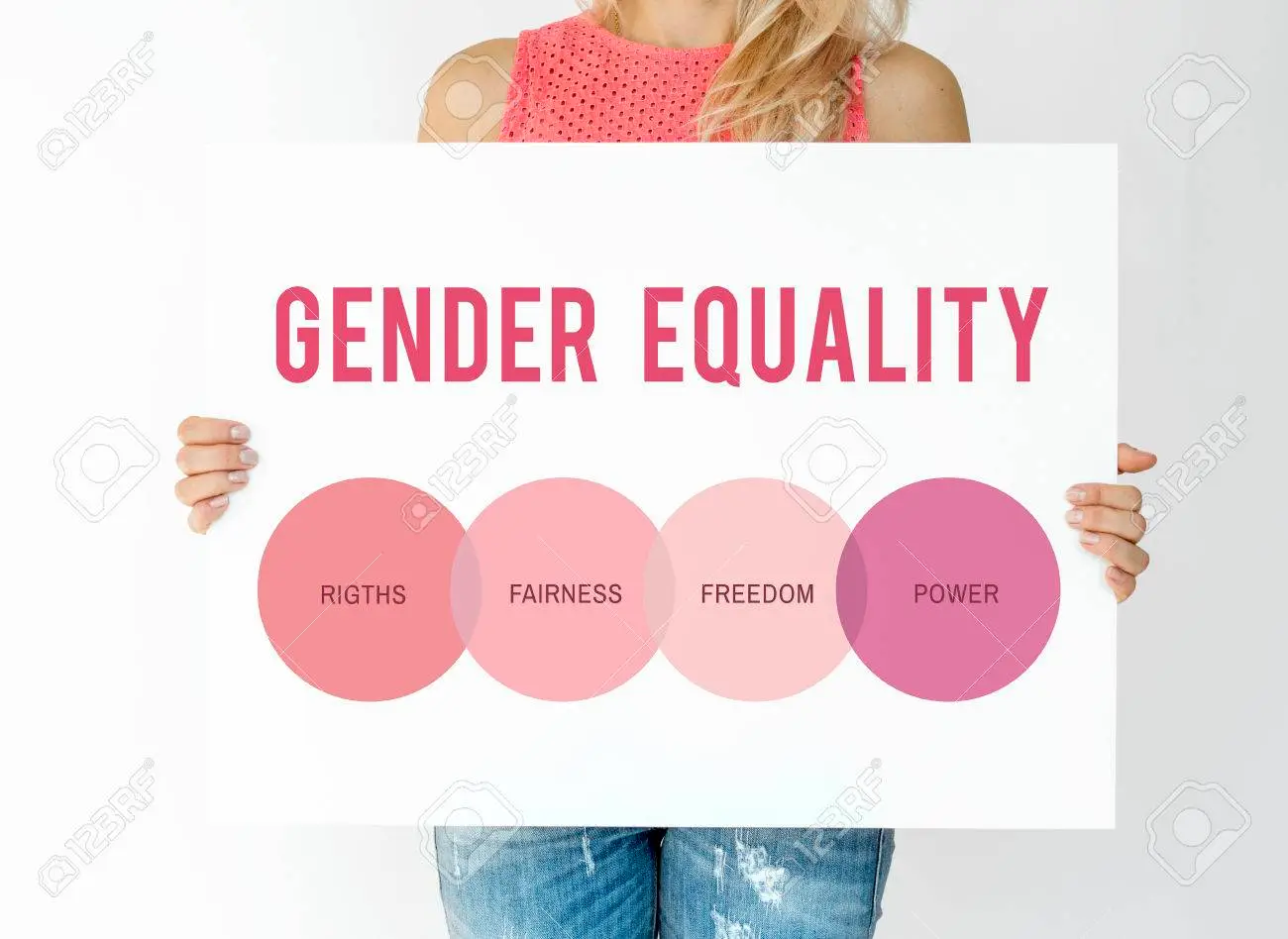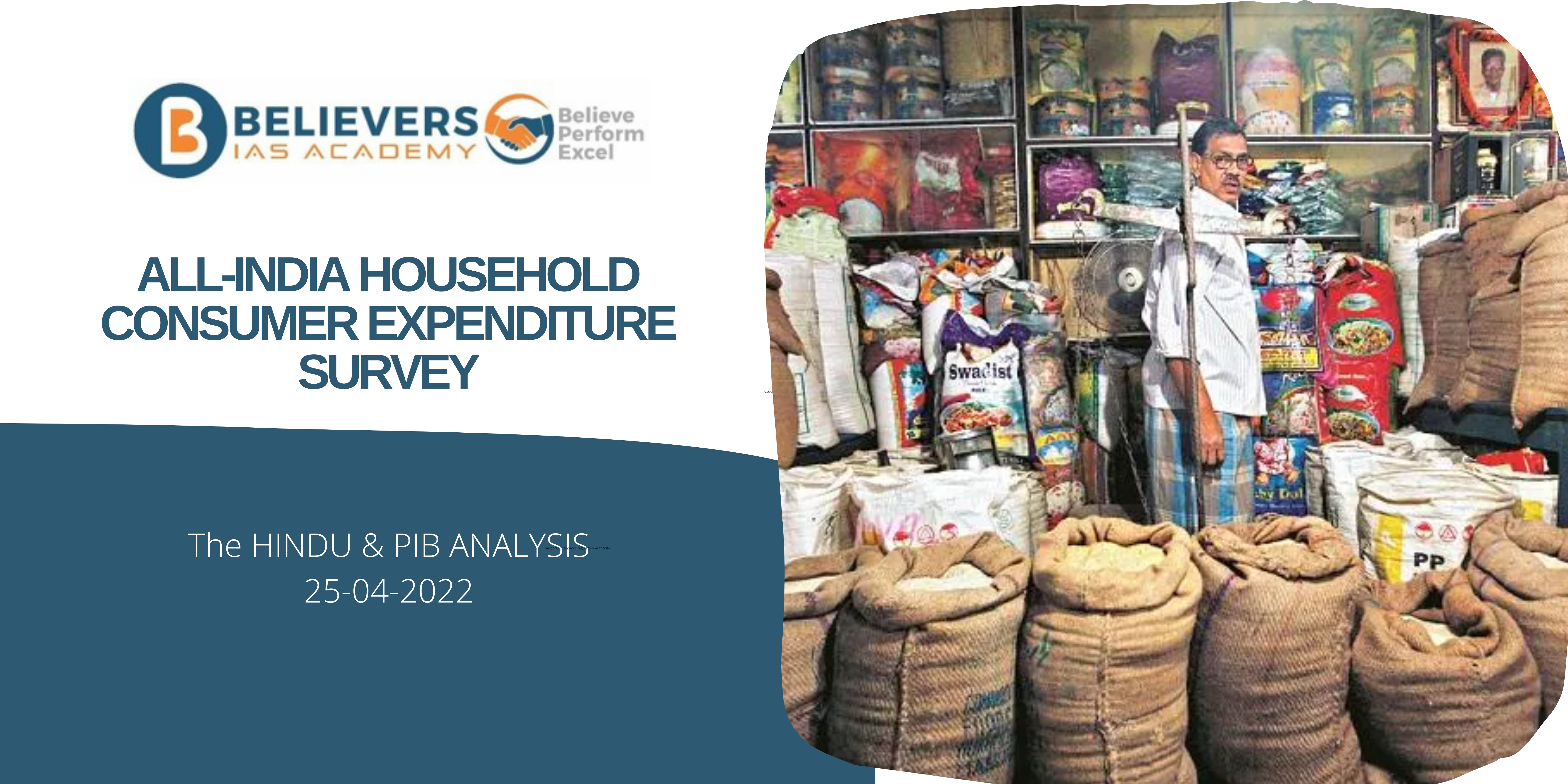Power of Gender Equality: Uplifting the voices of Women and Girls
Context:
The theme for this year’s World Population Day, “Unleashing the power of gender equality: Uplifting the voices of women and girls to unlock our world’s infinite possibilities,” holds great importance for India.
Relevance:
GS-02 (Government Policies & Intervention) (Health)
Prelims:
- Article 243D
- Women empowerment
- SDG goals
Mains question:
- ‘Unleashing the power of gender equality: Uplifting the voices of women and girls to unlock our world’s infinite possibilities’, Comment. (250 words)
Dimensions of the article:
- Rethinking Population Metrics: Moving beyond Numbers
- India’s Strides in Family Planning Initiatives
- India’s Multifaceted Progress in Health, Gender Empowerment, and Development
- The Duality of Progress: Addressing the Lack of Physical Autonomy
- Gender Equality: Catalyst for Economic Growth and Population Dynamics
Rethinking Population Metrics: Moving beyond Numbers
- The world’s fixation on population numbers and targets has hindered progress towards ensuring reproductive autonomy for women.
- It is important to prioritize the elimination of discrimination, coercion, and violence in reproductive and sexual health decisions, than focusing on total fertility rates and ideal population sizes.
India’s Strides in Family Planning Initiatives
- Progress has been made by India in the field of family planning. Despite the challenges, the country is committed to offering comprehensive reproductive health services to all potential beneficiaries.
- This includes – modern contraceptives, information, counseling, and emergency contraception.
- Expanding the contraceptive basket empowers women, reduces unspaced pregnancies, improves newborn health, and positively impacts maternal mortality and healthcare expenditure.
India’s Multifaceted Progress in Health, Gender Empowerment, and Development
- India’s health, population, and development programs have yielded significant achievements over the years.
- Life expectancy has increased substantially, and maternal mortality rates have shown a remarkable decline.
- Efforts to empower women have resulted in significant reductions in child marriages and teen pregnancies.
- Access to vital services such as healthcare, education, and nutrition has also witnessed improvements.
The Duality of Progress: Addressing the Lack of Physical Autonomy
- Despite the notable advancements, a considerable number of women in India still lack physical autonomy. The recent National Family Health Survey highlights that only a meager 10% of women can independently make decisions about their own health.
- Additionally, a concerning 11% of women believe that marital violence is acceptable if a woman refuses to engage in sexual relations with her husband.
- Furthermore, unplanned pregnancies remain prevalent both nationally and globally.
Gender Equality: Catalyst for Economic Growth and Population Dynamics
- Advancing gender equality extends benefits to society as a whole. In aging societies concerned about labor productivity, achieving gender parity in the workforce is pivotal for enhancing output and income growth.
- In rapidly growing populations, empowering women through education and family planning yields significant advantages in terms of human capital and inclusive economic development. Shifting the focus from population stabilization to population dynamics based on individual reproductive choices is essential.
Way Forward:
To pave the way for a prosperous future, India must prioritize gender equality-centered growth, rights, and choices. Investing in women’s lives at every stage, from childbirth to maturity, is crucial. Engaging with women, girls, and marginalized communities and formulating empowering legislation and policies are vital steps towards achieving gender equality and individual rights.
Conclusion:
On this year’s World Population Day, let us recommit ourselves to placing individual rights, particularly women’s rights and well-being, at the heart of the population and development discourse. By adopting gender-just approaches and solutions, India can build a more prosperous society and contribute to global progress. Empowering women and girls is not just an ethical imperative; it is the key to unlocking India’s full potential and shaping a better world for all.





